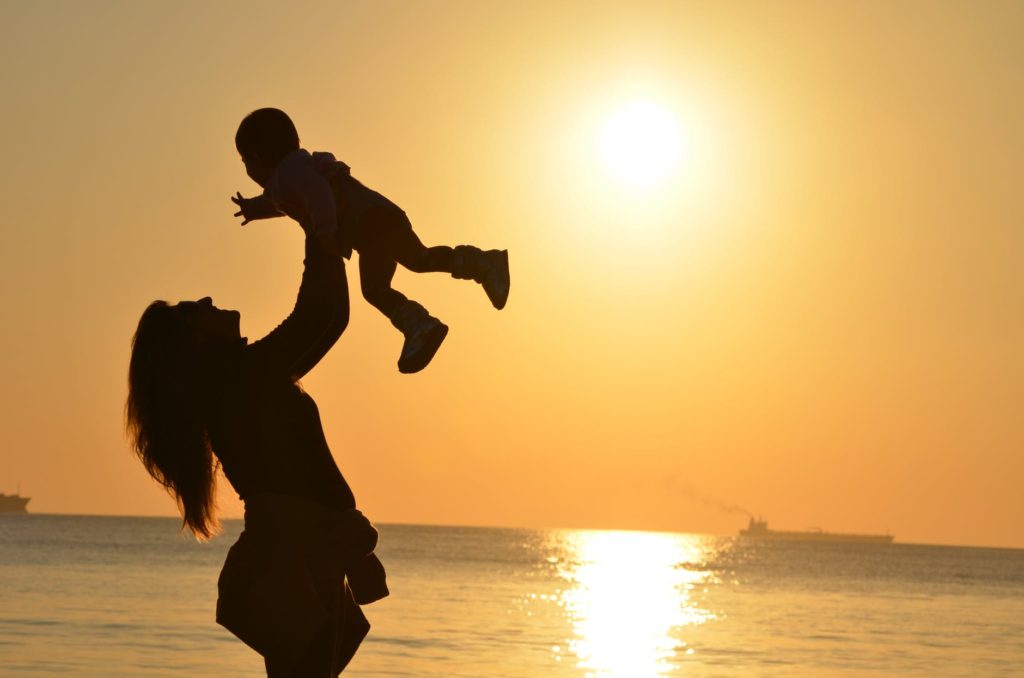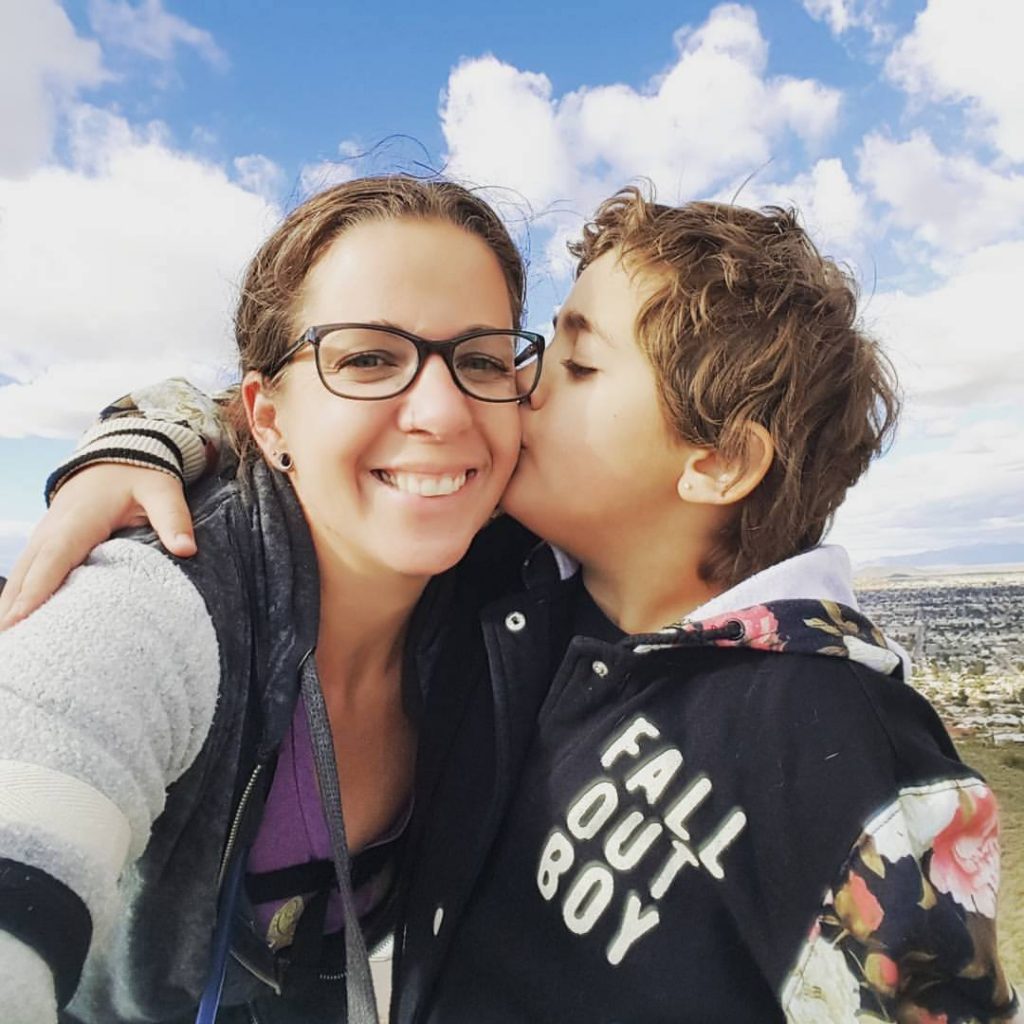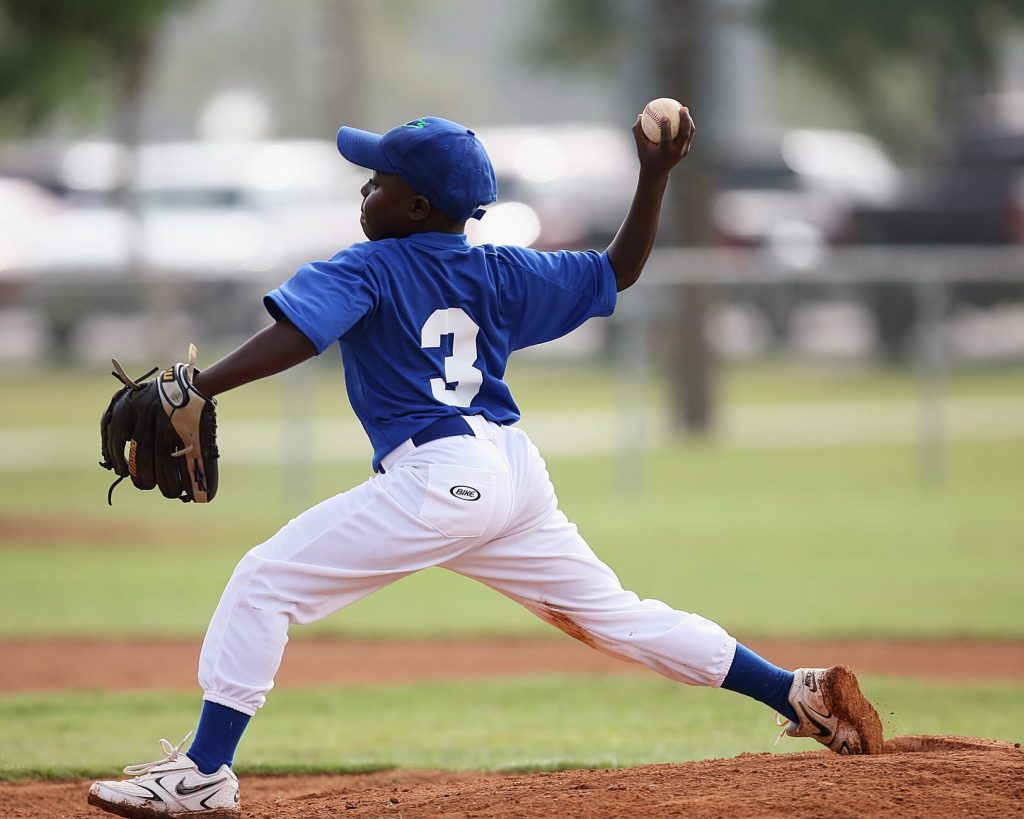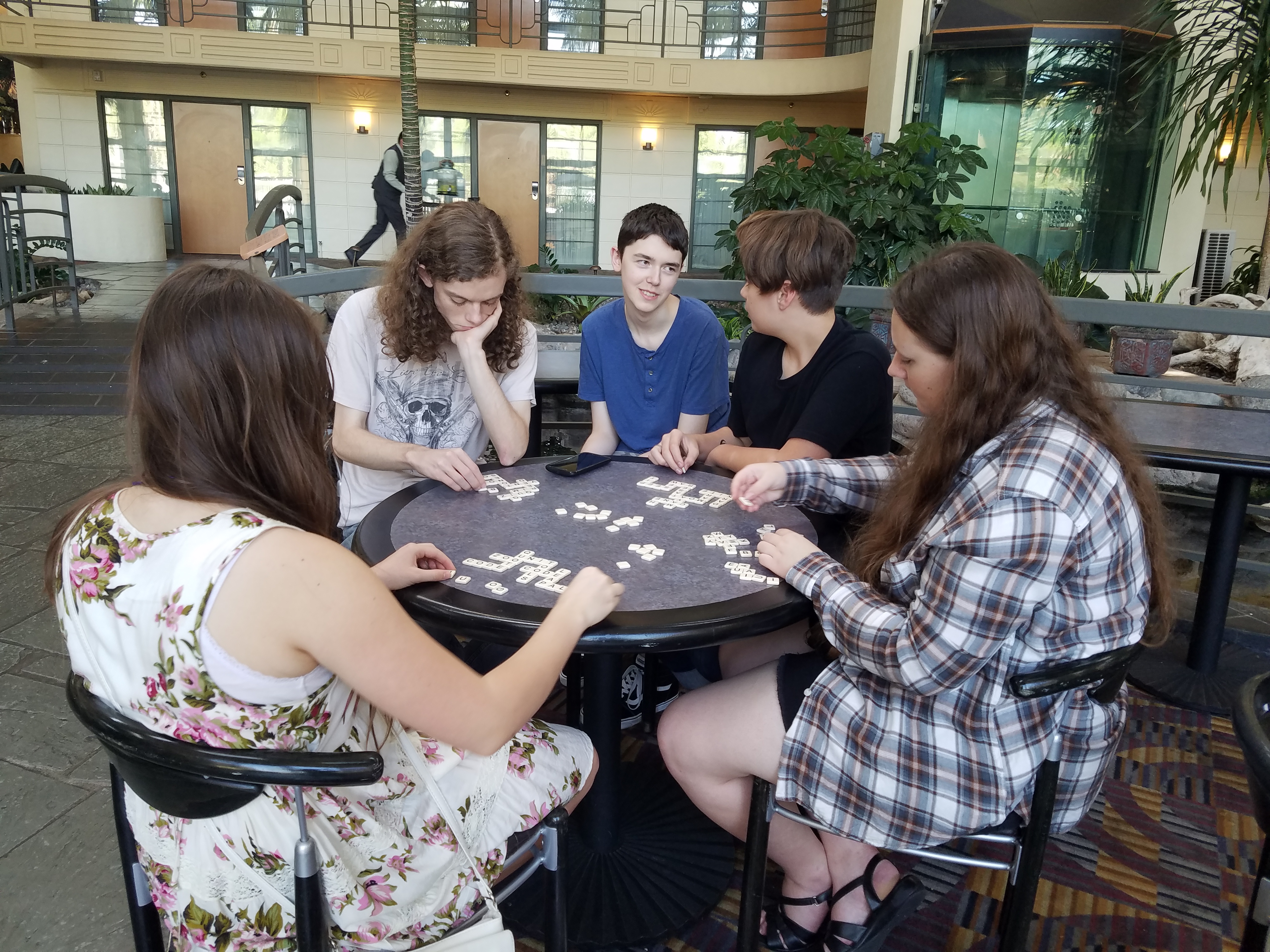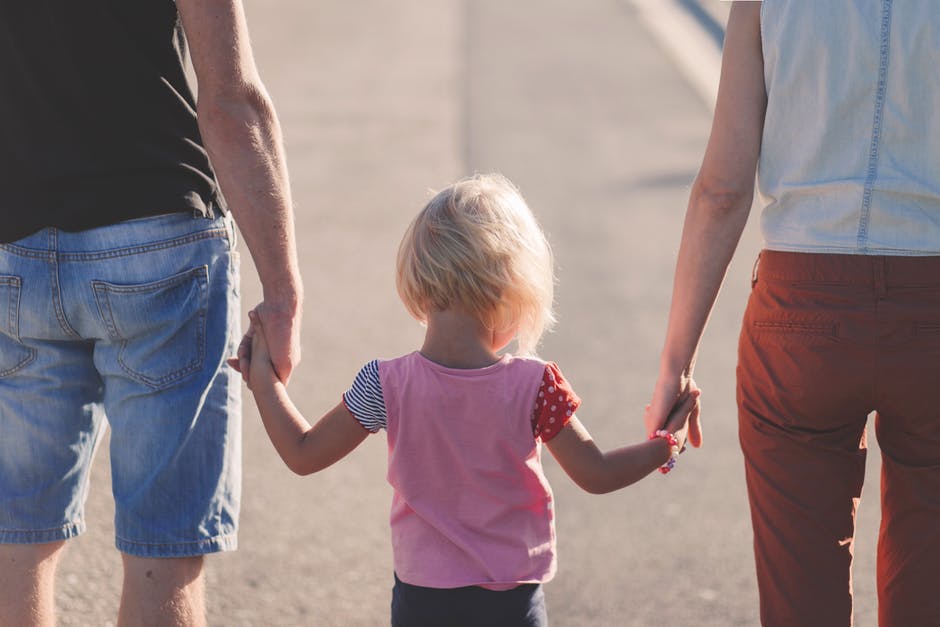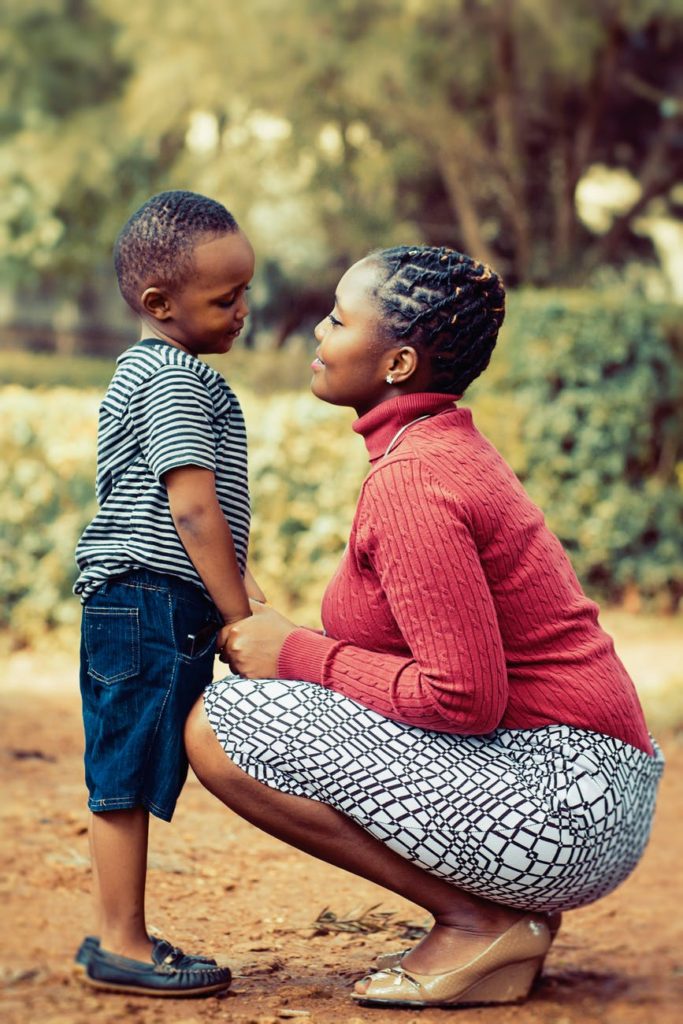
I just saw an article come through my Facebook newsfeed with the title, “I’m Not Afraid To Be A ‘Mean Mom’, Because I Don’t Want To Raise A**holes.” Now, you might very well be thinking, “Haven’t you written about this before?” Yes, yes I have. “Do you really need to write about it again?” Yes, I really do. “Every time?” Yes, every time. Here’s why: the official parenting party line continues to celebrate meanness. It pats itself on the back over the fallacy that harshness begets well-behaved children (whatever “well-behaved” means.) It prides itself on “being the parent, not the friend.” And every time – Every. Time. – that message is put out into the world, it deserves to have a counterpoint. It deserves to have another voice, a voice that chooses kindness over meanness, connection over control, compassion over shame. Quite simply, people need to know, deserve to know, that there is another way… a kinder, gentler, more respectful way… to raise kids.
The article in question really just makes three main points, but they all need to be addressed. Dismantling what we believe and why we believe it is important, and it pushes us to be better parents. It’s easy to follow the status quo and be mean to our kids, but if we want a good relationship with our kids… if we want kids who are confident and capable and compassionate… if we want kids who are in turn kind to their kids… we need to do better.
1) Being mean is necessary. The author mentions several times that being mean is simply par for the course, an inevitable part of being a good mom. Sometimes it’s just a responsibility that one must accept if they’re to be a parent.
But being mean is not necessary. Let me start there. Much ado is made of the fact that in order for kids to learn to pick up after themselves, to help around the house, or to take care of basic hygiene, that there needs to be meanness on the part of the parent. According to this mom, being mean is necessary to prevent her kids from becoming Neanderthals, or “feral heathens.” Four kids and 23 years tells me otherwise. Children, like all people, respond best when they’re treated with kindness and respect, when they’re given genuine choice and control over their lives, and when they’re treated like people. Far too often, parents feel that children need to be trained as if they are dogs. But they are fellow humans, and they deserve to be treated as such.
As for chores and helping out around the house, there seems to be an either/or mentality that states that either mom needs to rule with an iron fist to get anyone to do what she asks, OR mom needs to be a martyr, gets walked all over, and does everything herself. But there’s a happy third option in which we work in partnership with our kids, a place where there’s mutual respect, a place where we can ask instead of demand. If you had a roommate who had a persistent habit of leaving his dirty socks on the couch, would you be mean to him in order to solve the problem? No. You’d have a respectful conversation. Shouldn’t our children, these young people still figuring out how the world works, be given the same consideration? At the time of this writing, my second oldest is 19. He recently started working a full-time job, and has to wear a uniform shirt. I do laundry on Friday, and I told him I’d be happy to wash any shirts that he’s put in the hamper. But he needs them done more often than that, so he runs his own load mid-week, without my ever having had to be mean about it. (He also sets his own alarm, gets himself showered, and gets to work on time, despite my never having been mean about any of that either)
2) Her kids are pretty perpetually mad at her. She says her kids are pissed off at her “on the regular,” and that there is whining and complaining and crying. Color me confused. For real. Is there any other relationship in your life where pissing people off is your barometer for success? If you were constantly pissing your friends off, or your spouse, or your co-workers, you would (one would hope) think about why it’s occurring and what adjustments need to be made. Why, if it’s your kids, would it suddenly be something to pat yourself on the back about? If your kids are constantly mad at you, something is wrong. Yes, we’re all human. Yes, people get mad sometimes. But if you’re deliberately causing anger, that’s something that needs to be addressed. It is not a sign of good parenting, and it’s certainly not a sign of a good relationship.
I look at it this way: Sometimes, as parents, we’re going to have to make decisions that will make our kids angry, especially when it comes to matters of safety. (I’m thinking of the toddler that REALLY wants to stick the paper clip in the electrical outlet.) Sometimes, because of their own personal issues, our kids are going to be angry at us through no fault of our own. Maybe they’re angry about something else, and we’re the safe ones to dump their feelings on. Maybe life’s unfair and they’re angry at everyone and anything. (We’ve all been there) Maybe their hormones are going crazy, and the fallout just happens to head in our direction. Both of those things are okay, and are even inevitable at some point in time. But constantly treating our kids in a way that makes them angry? It’s not kind, and it’s not something to celebrate.
And finally,
3) I’M THE PARENT, NOT THE FRIEND. True story: I was telling my kids about this blog post while we were eating dinner, and one of my teens said, “Why why why why WHY do people think that being parents and friends are mutually exclusive?” Indeed.
I’ve written about this before as well. Not only do I think it’s possible, but I think it’s hugely important to be both parents and friends with your kids. Parents are protectors. They raise, they guide, they nurture, they provide care. And friends? Real, true friends? Friends have your back. They’re your confidantes. They listen when you need to talk. They give honest advice. They make you laugh. They’re your shoulder when you need to cry. They call you out on your poor choices. They are your biggest cheerleaders, and your soft place to fall. They’re the ones who stand on a wall and say, “Nobody’s going to hurt you. Not on my watch.” Why on earth would anyone not want to be that person for their kids? For me, my friendship and my parenting with my kids is so intertwined, I could never separate the two. And I wouldn’t want to! In fact, my kids are some of my very best friends, and exactly the kind of people I choose to have in my life. They are kind, they are considerate, they are funny, they are intelligent. They inspire me to be a better person. If I took some sort of moral stance against being their friend, I would truly be missing out on one of the very best parts of parenting. Yes, I’m my children’s friend, and make no apologies for it.
—————————————————————–
My kids aren’t perfect, and Lord knows I’m not perfect either. We’re all just humans, doing our best, navigating this human thing together. But this much I know: if I always try to lead with love, kindness, gentleness, and respect, I’m headed in the right direction.


